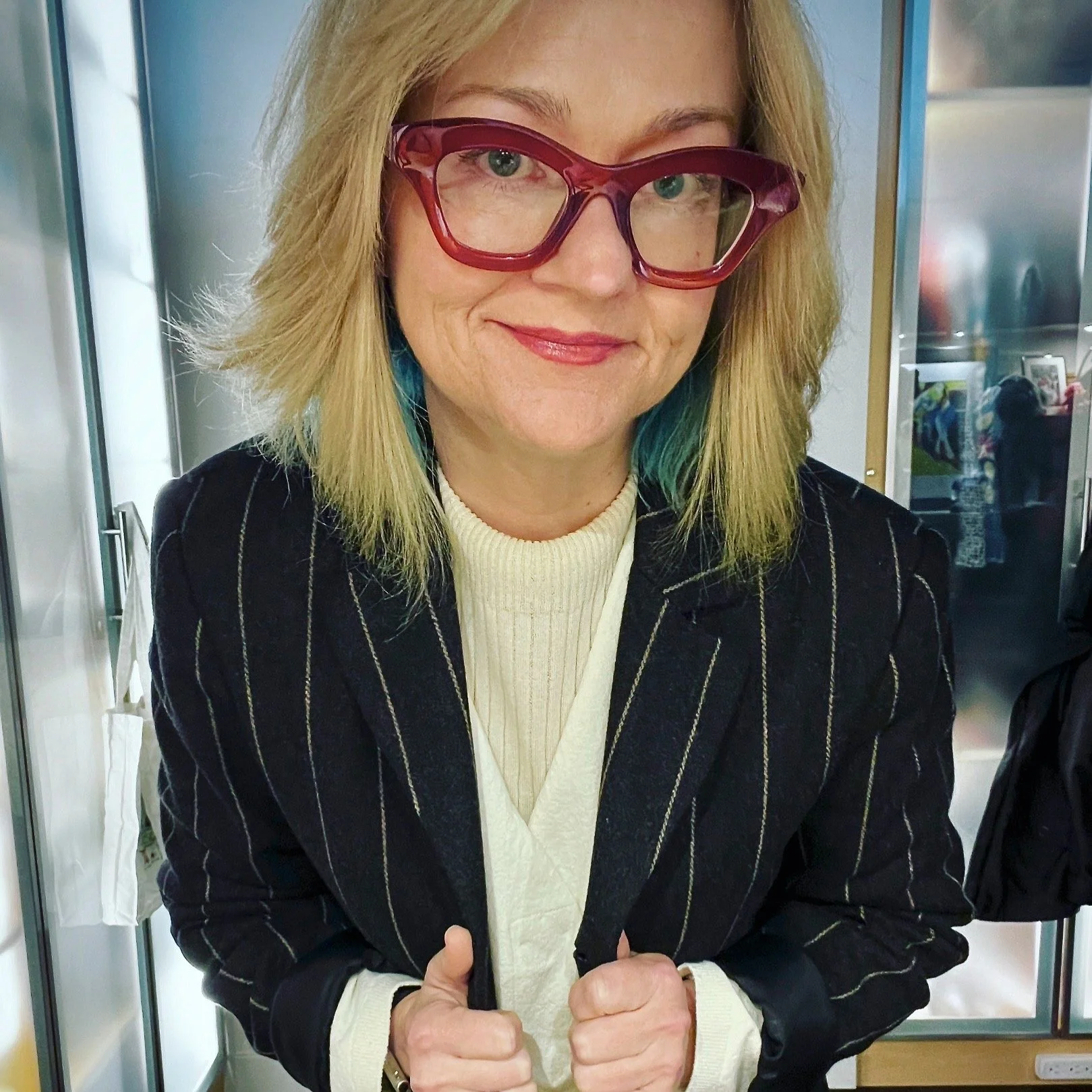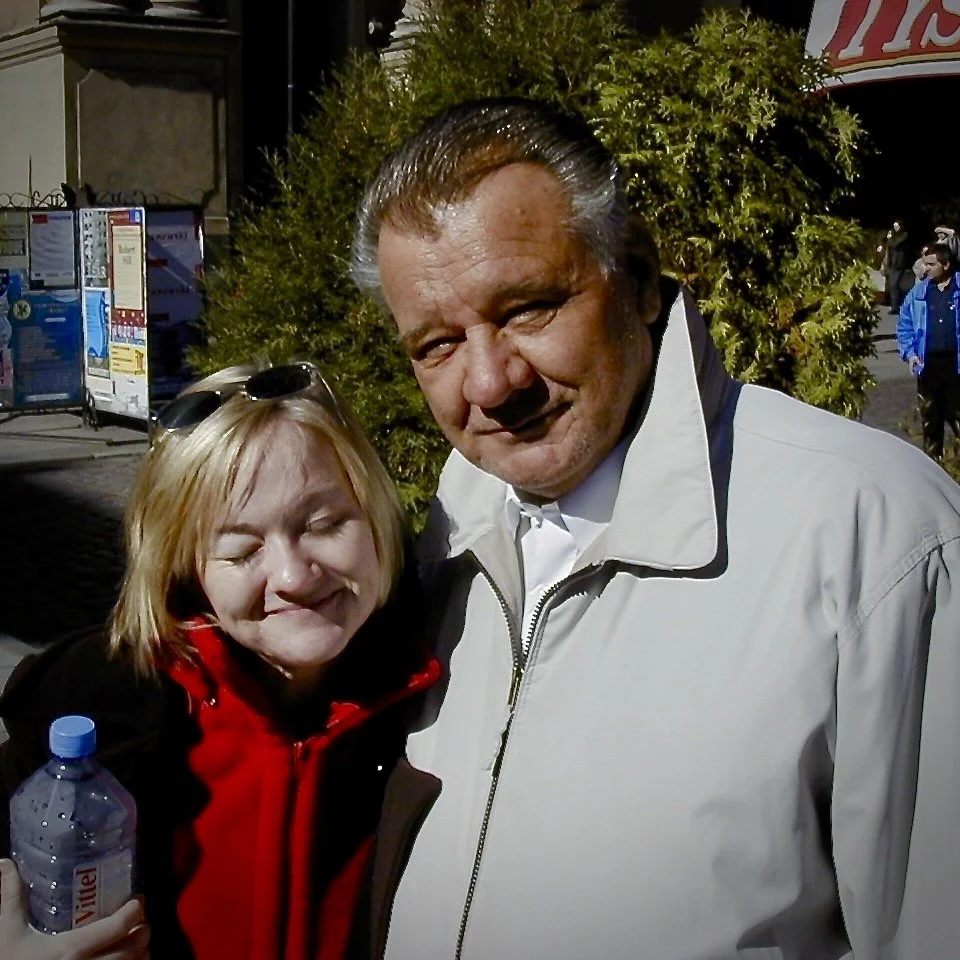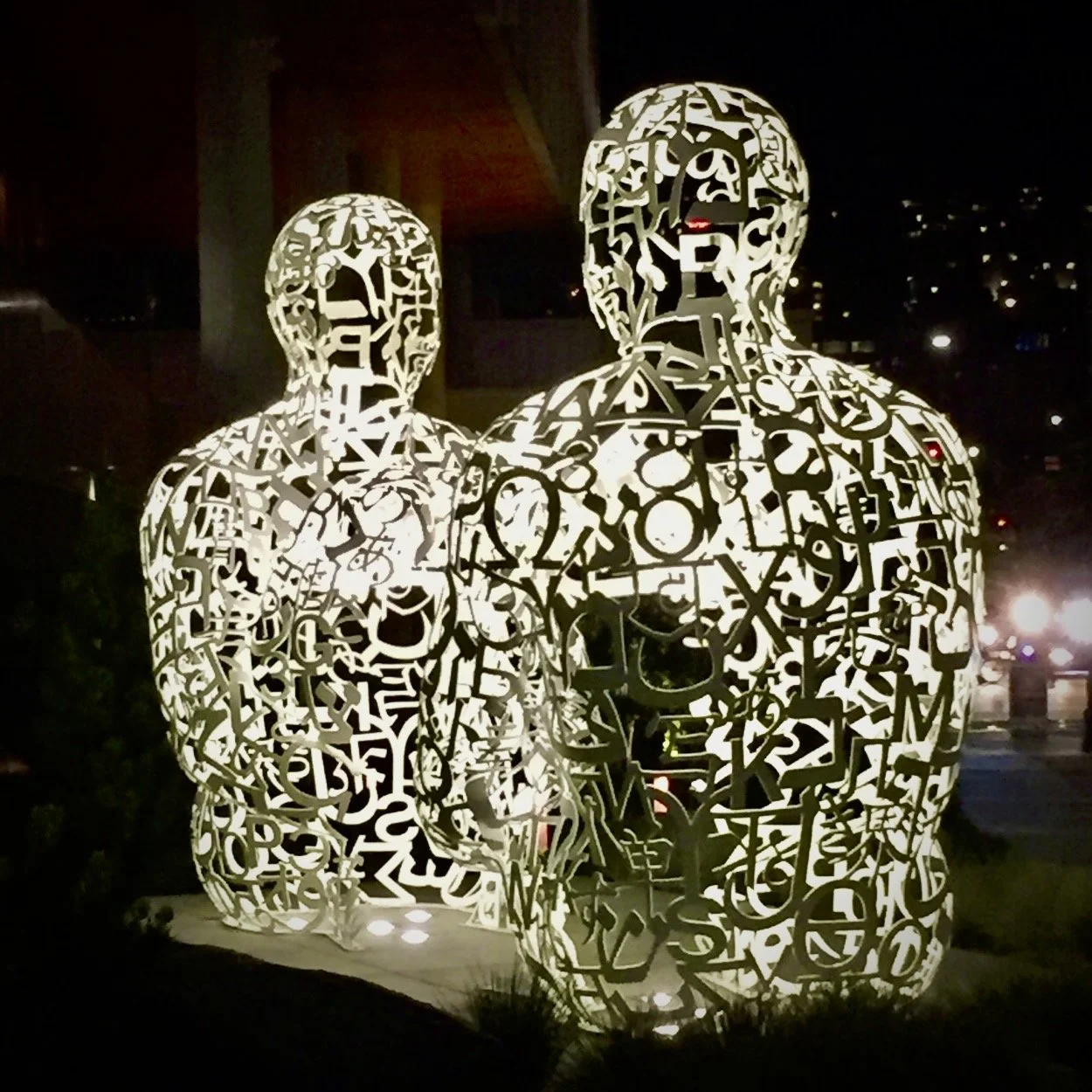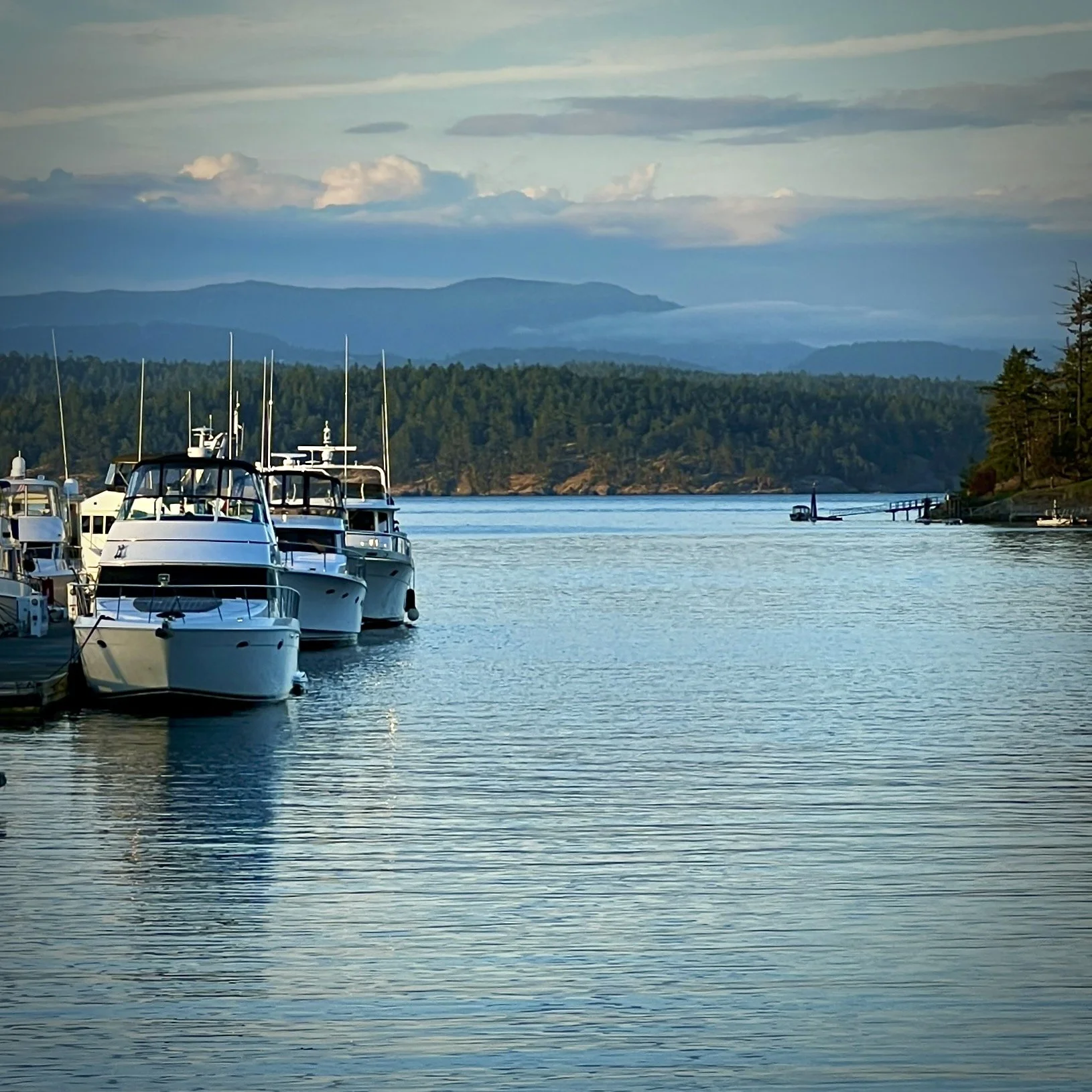The Miracle of Cake in a Sea of Cathedrals: How one man’s quest for dessert turned a routine stop into an unforgettable adventure.
Reading time: About 5 minutes.
This story is in memory of my father-in-law, Ted. He was a force of charm, curiosity, and drama, and this story is my favorite memory of him.
In Europe, you can’t throw a stone without hitting a fancy church. That’s fine if you’re into ornate altars, gilded statues, and intricate woodwork. And I’ll admit it can be a treat to stumble upon an ancient relic—a decapitated head of a saint or yet another nail used to crucify Jesus. (Seriously, how many nails were there?) But after days of admiring countless sanctified architectural wonders in Poland in the fall of 2002, I was officially churched out.
So, when our tour bus arrived in Wrocław and our guide, Ewa, announced we’d be visiting yet another Gothic cathedral, I felt my enthusiasm evaporate. Still, like the obedient tourists we were, all twenty-some-odd of us filed off the bus, rubbing our eyes, stretching our legs, and bracing for another dose of stained glass and incense.
Now, Wrocław isn’t short on attractions. This charming Polish city boasts a gorgeous Market Square, a Puppet Theatre, and even a Botanical Garden run by the local university. But no, we were headed into a church. Again.
Inside, the cathedral was as beautiful and solemn as expected. The murmur of parishioners reciting prayers echoed off ancient brick walls as the priest led a mass. We were told to speak only in whispers, take photos discreetly, and appreciate the baroque interior, painted ceilings, and glowing stained-glass windows—all without looking like bumbling tourists. I followed the protocol for a good three minutes before making a hasty retreat back into the sunshine. Enough was enough.
Turns out, I wasn’t the only one over it. Within ten minutes, most of our group was gathered outside the cathedral, soaking in the cold but sunny September morning. Ewa stood among us, clipboard in hand, counting heads to ensure no one had wandered off. This stop was a quick detour on our way to Rydzyna, where we’d be sleeping in a haunted castle and eating dinner around a bonfire. Excitement for the castle was palpable. For the church? Not so much.
After twenty minutes, Ewa began urging us toward the bus. And when Ewa gave instructions, you followed them. This woman was a commanding presence—a delightful blend of warmth and steel. She could tell you enchanting stories about Poland’s history one moment and reduce a police officer into submission the next. Case in point: when our bus was pulled over for going too fast, it was Ewa—not the driver—who marched out to confront the policeman. With a booming voice and a pointed finger, she reminded him that we were a busload of American tourists bringing money into Poland. Did he want to be responsible for souring our impression of his country? The officer backed down, and we were sent on our way without a ticket. Ewa was not to be trifled with.
So when she realized someone was missing—Ted—her composure began to crack. Ted was my father-in-law, a big-spirited, kind-hearted man with a penchant for following his own lead, especially if dessert was involved. She summoned our family—my husband Mike, my mother-in-law Lucy, and me—and interrogated us. When had we last seen him? Did he say where he was going? Was there a way to get in touch with him? No, no, and no. Ewa stormed back into the church, darted back out, and even scoured the bus, her frustration escalating by the second.
Finally, just as Ewa threatened to leave us there in Wrocław, someone in the group pointed down the street. “Is that Ted?”
It was. We recognized his leisurely saunter immediately. But he wasn’t empty-handed. From a block away, we could see him clutching two boxes, each tied with string, his face beaming like a kid on Christmas morning.
“Hurry, Ted!” Ewa shouted, her voice sharp and her arms flailing in an attempt to speed him up. “You’ve kept us waiting! We’ve been worried!”
Ted, of course, couldn’t hurry. A bad knee kept his pace at a determined shuffle. But he didn’t look remotely sorry. If anything, he seemed proud of himself.
“What’ve you got there, Ted?” one of the older men in the group asked as he finally reached us.
He held up the boxes triumphantly, his grin broader than ever. “Kremówka Papieska!” he proclaimed.
Appreciative murmurs rippled through those in the group who understood Polish. For the rest of us, Lucy translated with a weary sigh. “It’s Pope’s Cake.”
“Pope’s Cake?” Mike asked, his eyebrows raised.
“Yes,” Ewa cut in, her tone softening as curiosity replaced irritation. “It’s said to be Pope John Paul’s favorite dessert. But where on earth did you find that?”
Ted’s blue eyes sparkled with the glee of a man who’d outsmarted the universe. “I followed a Kremówka truck!” he announced. “It drove past the church, so I followed it to a bakery. When the driver unloaded the boxes, I asked to buy enough for twenty people.”
“You got enough for all of us?” the old man asked.
“Of course!” Ted replied, offended at the mere suggestion of stinginess.
And just like that, the tension dissolved. Ewa smiled, the group cheered, and someone miraculously produced a pocketknife. The cakes were cut into generous slices and passed around. They were flaky, creamy, and delicious—a culinary masterpiece worthy of a Pope’s blessing.
As we savored the unexpected treat, we couldn’t help but admire Ted’s audacity. Who would’ve guessed that a Kremówka truck could lead to such joy? In hindsight, we all wished we’d followed him instead of trudging through yet another church.
Travel is funny like that. The best memories are not always made at planned stops—they are made at serendipitous moments, the delightful unknowns.
Moral of the story: Always follow the cake truck. And always bring back enough to share.





